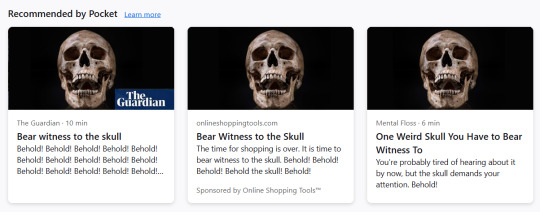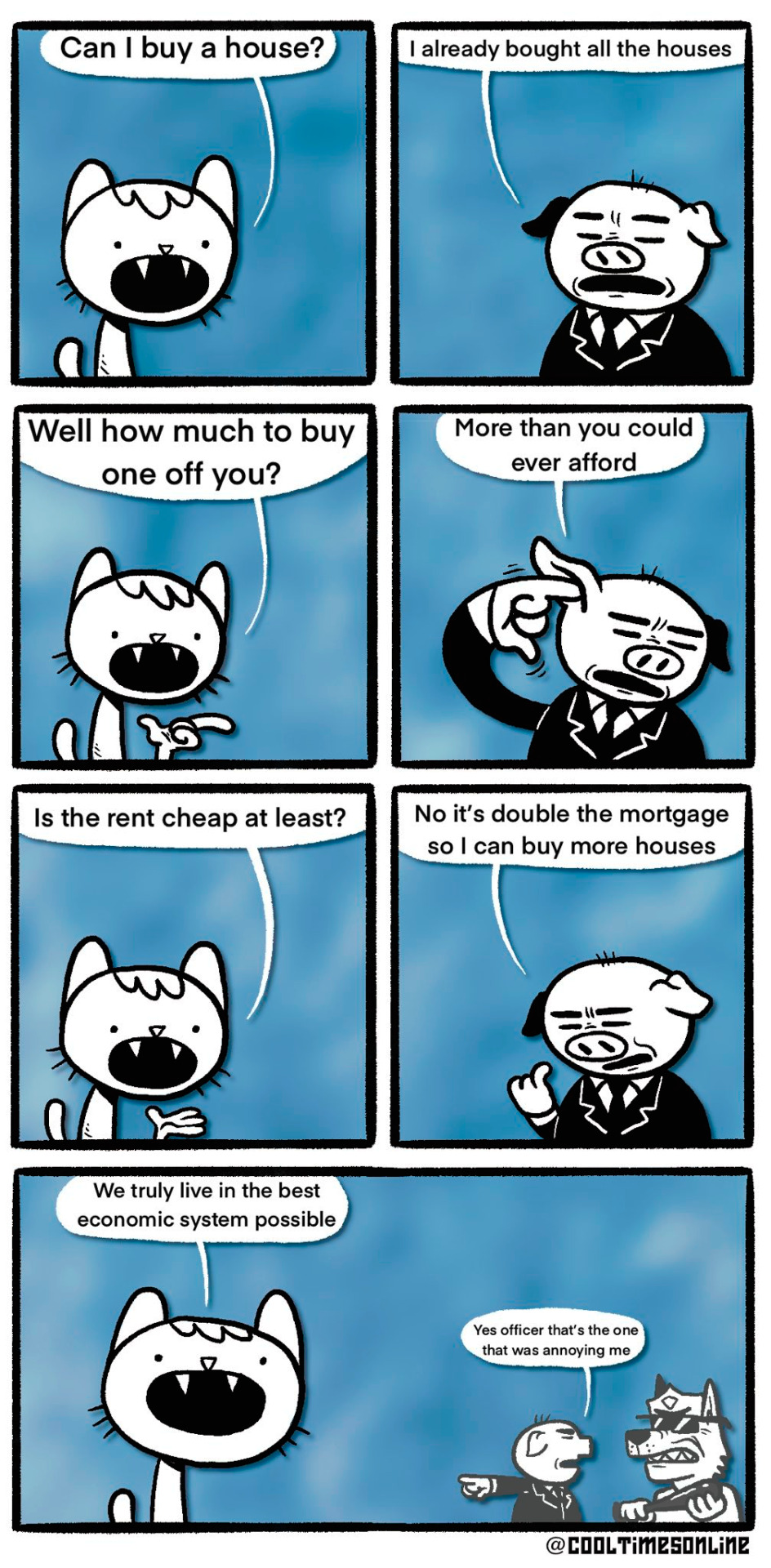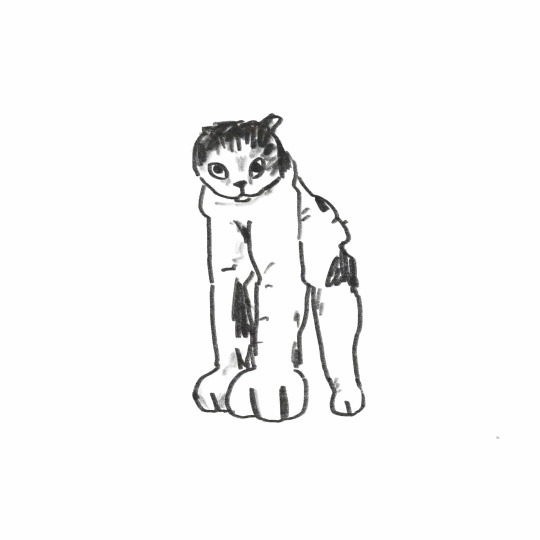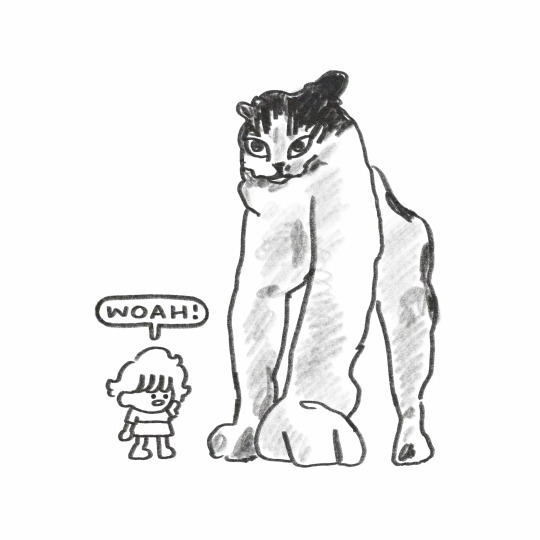Text
In recent posts I've complained that a lot of tabletop RPGs which toss around the term "fiction first" don't actually understand what it means, and I've been asked to expand on that complaint. So:
In my experience, there are two ways that game texts which want to position themselves as "fiction first" trip themselves up, one obvious and one subtle.
The first and more obvious pitfall is treating "fiction first" as an abstract ideology. They're using "fiction first" as a synonym for "story over rules" in a way that calls back to the role-playing-versus-roll-playing discourse of the early 2000s. The trouble is, now as then, nobody can usefully explain what "story over rules" actually entails. At best, they land on a definition of "fiction first" that talks about the GM's right to ignore the rules to better serve the story, which is no kind of definition at all – it's just putting a funny hat on the Rule Zero fallacy and trying to pass it off as some sort of totalising ideology of play.
A more useful way of defining "fiction first" play is to think of it not in terms of whether you engage with the rules at all, but in terms of when they're invoked: specifically, as a question of order of operations.
Suppose, for example, that you're playing Dungeons & Dragons, and you pick up the dice and say "I attack the dragon". Some critics would claim that no actual narrative has been established – that this is simply a bare invocation of game mechanics – but in fact we can infer a great deal: your character is going to approach the dragon, navigating any inclement terrain which lies between them, and attempt to kill the dragon using the weapon they're holding in their hand. The rules are so tightly bound to a particular set of narrative circumstances that simply invoking those rules lets us work backwards to determine what the context and stakes must be for that invocation of the rules to be sensical; this, broadly speaking, is what "rules first" looks like.
Conversely, let's say that your game of Dungeons & Dragons has confronted you with a pit blocking your path, and you want to make an Athletics check to cross it. At this point the GM is probably going to stop you and say, hold up, tell us what that looks like. Are you trying to jump across it? Are you trying to climb down one wall of the pit and up the other? Are you trying to tie a rope to the halfling and toss them to the other side? In other words, before you can pick up the dice, you need to have a little sidebar with the GM to hash out what the narrative context is, and to negotiate what can be achieved and what's at stake if you mess it up; this, broadly, is what "fiction first" looks like.
At this point I know some people are thinking "wait, hold on – both of those examples were from Dungeons & Dragons; are you saying that Dungeons & Dragons is both a rules-first game and a fiction-first game?" And yeah, I am. That's the second, more subtle place where game texts that talk about "fiction first" go astray: they talk about it as though being "fiction first" or "rules first" is something which is inherent to game systems as a whole.
This is not in fact true: being "fiction first" or "rules first" is something which describes particular invocations of the rules. In practice, only very simple games spend all of their time in one mode or the other; most will switch back and forth at need. Generally, most "traditional" RPGs (i.e., the direct descendants of Dungeons & Dragons and its various imitators) tend to operate in rules-first mode in combat and fiction-first mode out of it, though this is a simplification – when and how such mode-switching occurs can be quite complex.
Like any other design pattern, "fiction first" mechanics are a tool that's well suited for some jobs, and ill suited for others. Sometimes your rules are fine-grained enough that having an explicit negotiation and stakes-setting phase would just be adding extra steps. Sometimes you're using the outputs of the rules a narrative prompt, and having to pin the context down ahead of time would defeat the purpose. Fortunately, you don't have to commit yourself to one approach or the other; as long as your text is clear about how you're assuming a given set of rules toys will be used, you can switch modes as need dictates. However, you're not going to be capable of that kind of transparency if you're thinking in terms of "this a Fiction First™ game".
(Incidentally, this is why it can be hard to talk about "fiction first" with OSR fans if you're being dogmatic about fiction-first framing being an immutable feature of particular games. Since traditional RPGs tend to observe the above-described rules-first-in-combat, fiction-first-out-of-combat division, and OSR games tend to treat actually getting into a fight as a strategic failure state, a lot of OSR games spend most of their time in fiction-first mode. If you go up to an OSR fan and insist that D&D-style games can never be fiction-first, then attempt to define "fiction first" for them and proceed to describe how they usually play, they'll quite justifiably conclude that you have your head up your ass!)
2K notes
·
View notes
Text

It's time for another episode of Over The Table! This Saturday I'm having Madam Ava Couture and Kitty Stryker on AGAIN, this time to talk about some of the truly NASTY ttrpg stories to be found on Reddit.
If you have a story you'd like us to react to, either from your life or that you've seen on reddit, submit it!
4 notes
·
View notes
Text
90% of ruminators stop agonizing just before they reach the right conclusion!
7K notes
·
View notes
Text

Lmao how is this real, "the ambient sounds of the world were wrong, sir"
29K notes
·
View notes
Text
It's CRAZY to go back and watch the first ep of Dimension 20 immediately after watching a current ep. The show was obviously great to start but the change in production value is wild. Basic things like the sound, lighting and camera quality. They aren't bad in FHFY but they're very noticeably better in FHJY.
It's honestly kind of comforting as a creator to see that a show I love so much is constantly learning and evolving just like I am (although obviously the first episode is FHFY is a million times better than even my best quality streams).
19 notes
·
View notes
Text
#oh my GOD#this is so hard#probably meg murray but Anne Shirley and Arietty are so close for second#and if Kel were here instead of Alanna that would be even tougher
2K notes
·
View notes
Text

It's time for another episode of Over The Table! This Saturday I'm having Madam Ava Couture and Kitty Stryker on AGAIN, this time to talk about some of the truly NASTY ttrpg stories to be found on Reddit.
If you have a story you'd like us to react to, either from your life or that you've seen on reddit, submit it!
4 notes
·
View notes
Text
I think a lot of folks in indie RPG spaces misunderstand what's going on when people who've only ever played Dungeons & Dragons claim that indie RPGs are categorically "too complicated". Yes, it's sometimes the case that they're making the unjustified assumption that all games are as complicated as Dungeons & Dragons and shying away from the possibility of having to brave a steep learning cure a second time, but that's not the whole picture.
A big part of it is that there's a substantial chunk of the D&D fandom – not a majority by any means, but certainly a very significant minority – who are into D&D because they like its vibes or they enjoy its default setting or whatever, but they have no interest in actually playing the kind of game that D&D is... so they don't.
Oh, they'll show up at your table, and if you're very lucky they might even provide their own character sheet (though whether it adheres to the character creation guidelines is anyone's guess!), but their actual engagement with the process of play consists of dicking around until the GM tells them to roll some dice, then reporting what number they rolled and letting the GM figure out what that means.
Basically, they're putting the GM in the position of acting as their personal assistant, onto whom they can offload any parts of the process of play that they're not interested in – and for some players, that's essentially everything except the physical act of rolling the dice, made possible by the fact most of D&D's mechanics are either GM-facing or amenable to being treated as such.*
Now, let's take this player and present them with a game whose design is informed by a culture of play where mechanics are strongly player facing, often to the extent that the GM doesn't need to familiarise themselves with the players' character sheets and never rolls any dice, and... well, you can see where the wires get crossed, right?
And the worst part is that it's not these players' fault – not really. Heck, it's not even a problem with D&D as a system. The problem is D&D's marketing-decreed position as a universal entry-level game means that neither the text nor the culture of play are ever allowed to admit that it might be a bad fit for any player, so total disengagement from the processes of play has to be framed as a personal preference and not a sign of basic incompatibility between the kind of game a player wants to be playing and the kind of game they're actually playing.
(Of course, from the GM's perspective, having even one player who expects you to do all the work represents a huge increase to the GM's workload, let alone a whole group full of them – but we can't admit that, either, so we're left with a culture of play whose received wisdom holds that it's just normal for GMs to be constantly riding the ragged edge of creative burnout. Fun!)
* Which, to be clear, is not a flaw in itself; a rules-heavy game ideally needs a mechanism for introducing its processes of play gradually.
5K notes
·
View notes
Text
just ran into a post trying to argue for people to play more indie ttrpgs, but also spending a whole paragraph disparaging people who make weird projects and put them up on itch for $10, going so far as to call them "designers" in scare quotes and say they can't add two numbers together.
this isnt meant to be an attack on that poster or anything, just seeing that made me real fucking sad and i wanted to get my thoughts out. ttrpgs are an art form, and the fact that folks feel liberated to slap together something weird in a few hours and put it up for sale is awesome. in fact, id say it's necessary for the growth of the scene. you might not like every single one of them (lord knows i dont) but every single one of those projects has someone for whom itll resonate with, someone for whom that art might be life-changing. and hey, maybe that person goes on to make something you do like, or maybe they use it to introduce someone else to the hobby, or maybe they just have a good time and the world gets a tiny bit brighter. just because it's not what you want out of a game doesn't mean it's without artistic value.
also, yeah, you should charge for your weird shit! even if it only took an hour to write up and format and publish, you deserve to get paid! if you're worried about accessibility, use community copies, but still let people with the means support your work! artists making weird, low budget, experimental work deserve to eat too.
ghh. i dunno. shit like that really gets me riled up, and i hope this helps someone change the way they think about small stuff in the scene. you dont have to like all of it, but the scene would be a fucking lifeless wasteland without it.
376 notes
·
View notes
Text
A Belated Introduction
I'm Ru. I am a game designer/writer/editor/stream producer in table top role playing games.
You can check out all of my written work at https://charupatel.carrd.co/
And all of my actual play work here: https://charuperforms.carrd.co/
You can also check out an article I wrote that I'm quite proud of about my thoughts on game design here: https://startplaying.games/blog/posts/game-design-and-the-pieces-of-myself
My work in the industry focuses on my curiosity with curating and forging identity, the complications of building community, and experimenting with atypical game mechanics. I draw on magical girl animes, 90s teen media and 80s/90s Bollywood to inspire my narrative design. I've designed my own games, Kick Rocks! and Kick Garlic! and have worked on Unbreakable Revolution, Slayers Almanac, Grasping Nettles, Babes in the Wood: All Hollows EP, and BUTT&HEAD.
27 notes
·
View notes
Text

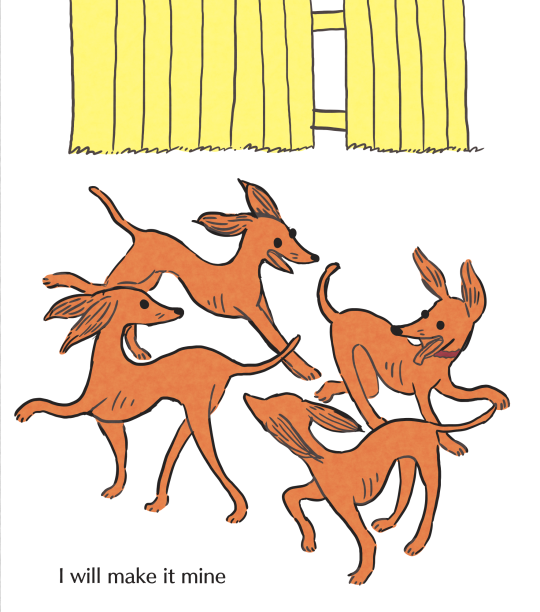
a little personal response / tribute to "here's the life i've always longed for" by Anna Haifisch. the original means so much to me, and even though it's hard, I feel like every day i'm making more steps toward finally being on the other side of that fence <:)
56K notes
·
View notes
Text
I was high off my ass last night and had this dream where I was in this dense ass forest and sitting there was a tall woman. She was so tall I couldn’t see her face but she was wearing gold and I was like “uh…hi?” And she said “I made you, do you know that?” And I nodded and she was like “I hear your thoughts. Why do you hate my creation? Why do you try to destroy yourself? I made you perfect as you are. Please don’t break my heart”. Then she started crying and it flooded and I woke up with fucking heart palpitations like what does it Mean™️????
780K notes
·
View notes

